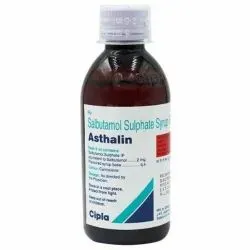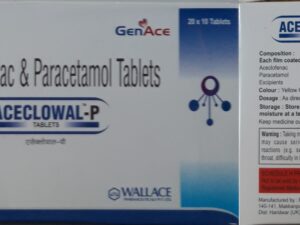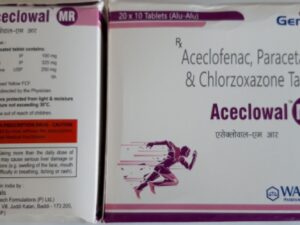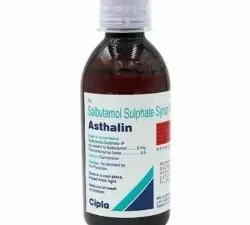Asthalin Syrup is a bronchodilator used to relieve breathing difficulties caused by asthma and chronic obstructive pulmonary disease (COPD). It helps ease symptoms such as wheezing, breathlessness, coughing, and chest tightness by improving airflow in the lungs. The medicine works by relaxing the airway muscles, allowing the air passages to widen for easier breathing. Asthalin Syrup provides fast relief and is effective during sudden respiratory distress or flare-ups. It is commonly used in both adults and children who suffer from chronic breathing conditions. Regular use can reduce the severity and frequency of symptoms over time. Asthalin Syrup is often prescribed for daily use and is especially helpful during exposure to triggers such as dust, smoke, cold air, or allergens. It allows patients to breathe more freely and participate in daily activities with less discomfort.
 Uses
Uses
- Asthma
- Chronic obstructive pulmonary disease (COPD)
Benefits of Asthalin Syrup
- Provides rapid relief from asthma and COPD symptoms
- Reduces coughing, wheezing, and chest tightness
- Improves breathing during exercise or exposure to triggers
- Helps prevent asthma attacks when taken in advance
- Enhances airflow by relaxing airway muscles
- Reduces breathlessness during daily activities
- Supports better physical performance and mobility
 How Asthalin Syrup works
How Asthalin Syrup works
Asthalin Syrup contains a bronchodilator that targets the smooth muscles lining the airways in the lungs. During an asthma attack or COPD flare-up, these muscles contract and narrow the airways, making breathing difficult. The medicine works by relaxing these muscles, leading to expansion of the air passages. This process allows more air to flow in and out of the lungs, easing shortness of breath and reducing wheezing. The medicine acts quickly, often within minutes, and provides relief that can last several hours. It does not treat inflammation in the lungs but plays a key role in opening airways during acute symptoms. Asthalin Syrup improves oxygen delivery and reduces the sensation of tightness in the chest. By enhancing airflow, it helps patients regain normal breathing patterns and return to daily activities more comfortably.
 Side effects
Side effects
- Tremors
- Headache
- Palpitations
- Increased heart rate
- Muscle cramps
- Nervousness






